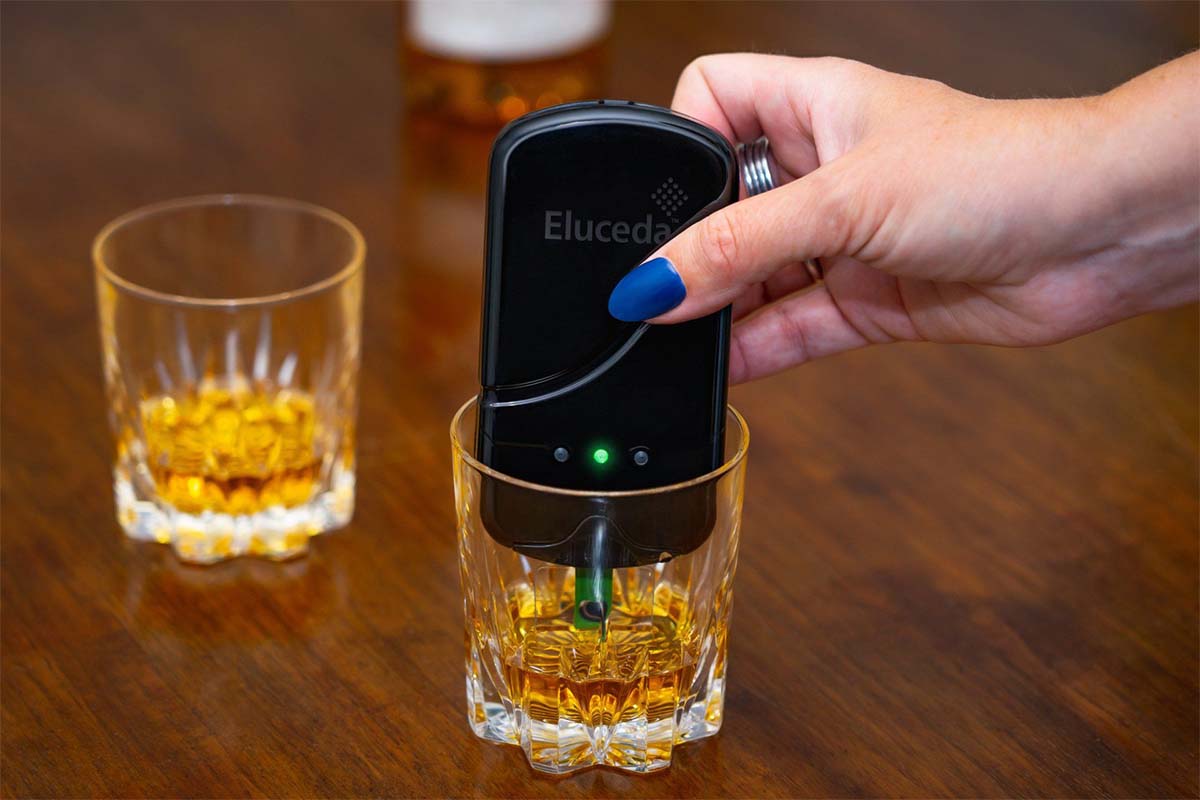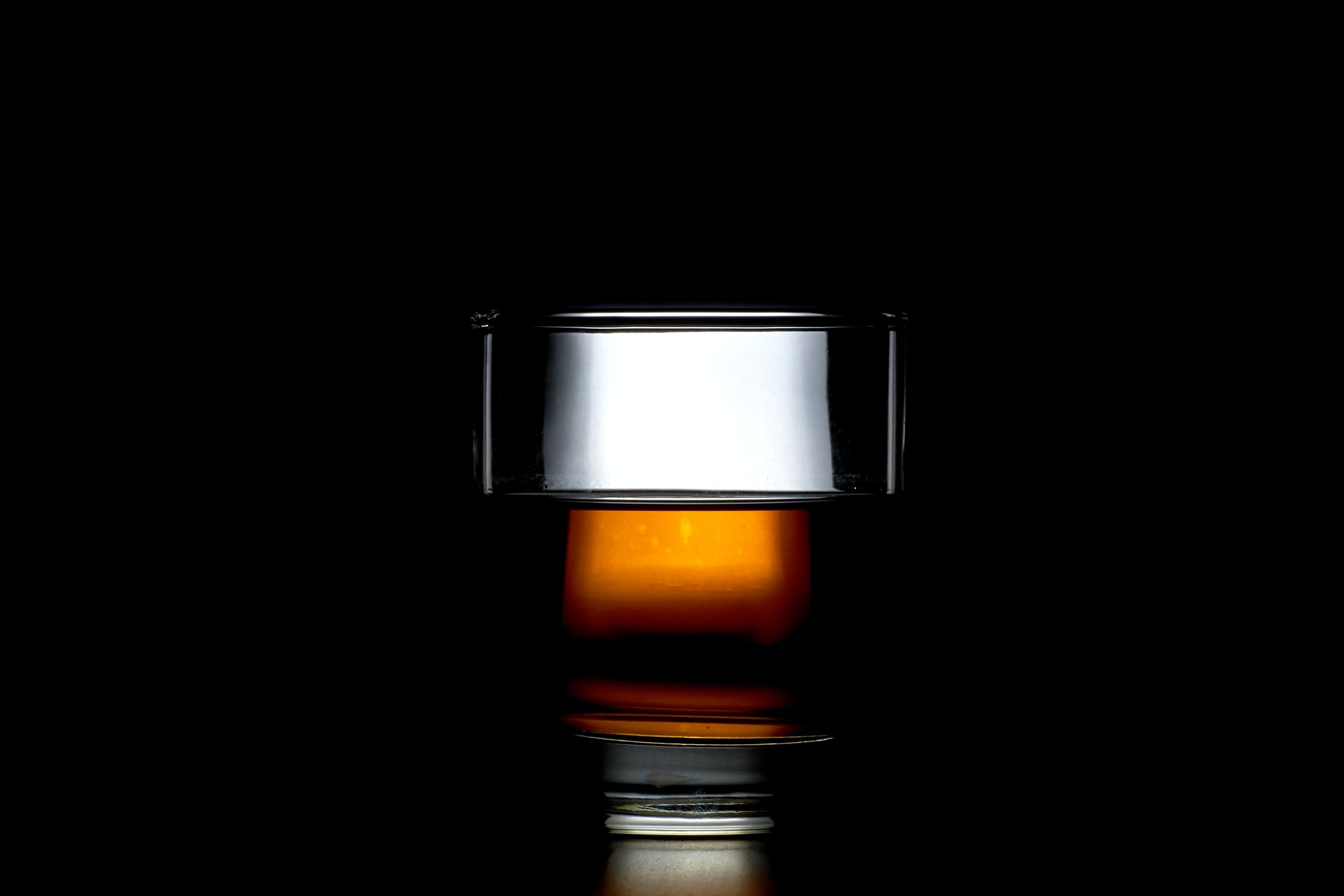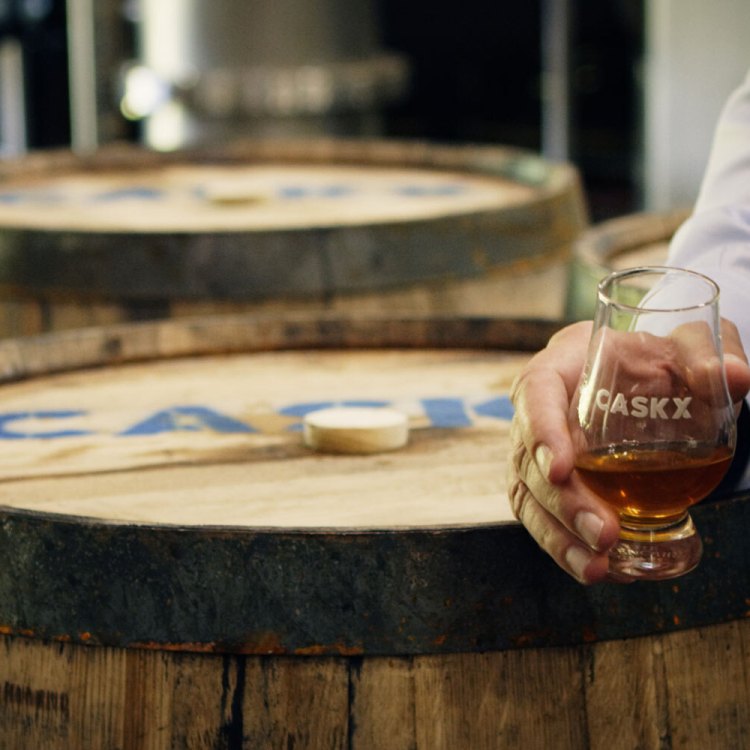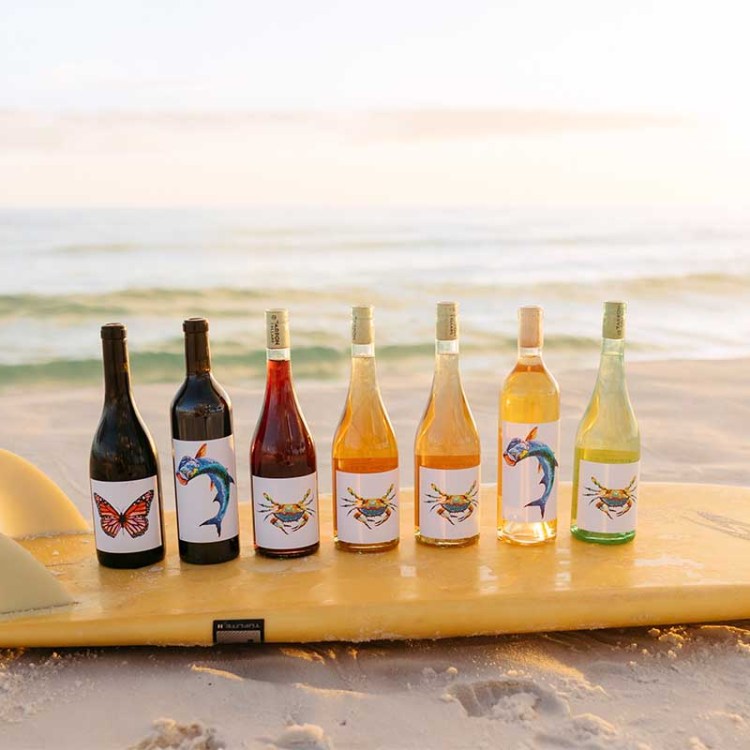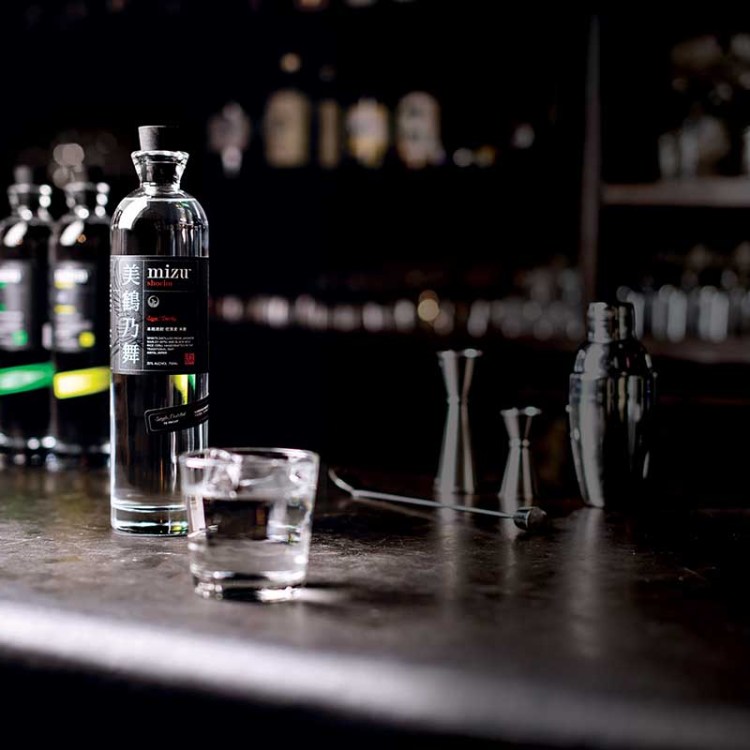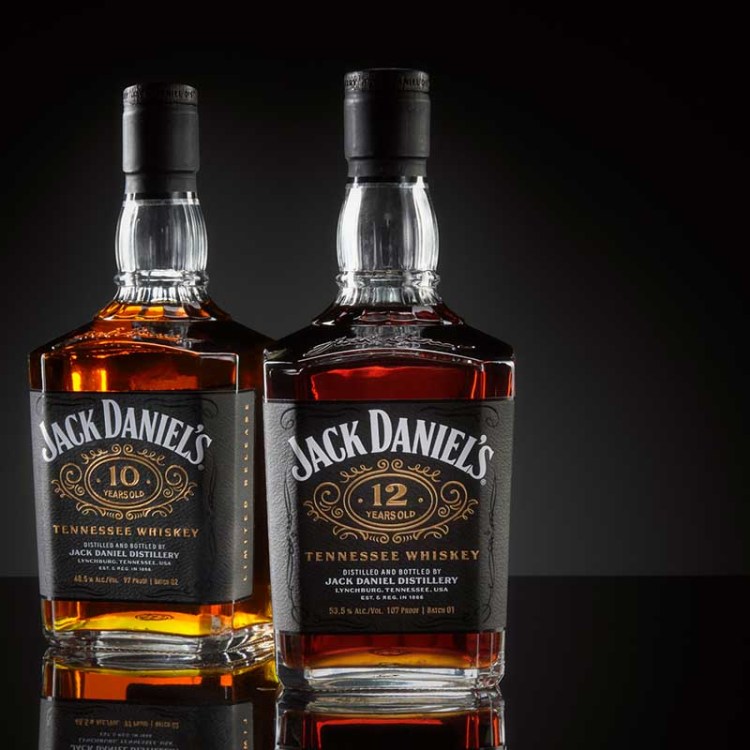The fervor over investing in whiskey brings out some bad actors. So much so that Buffalo Trace has had to step in and offer suggestions on how to avoid online whiskey scams.
Buffalo Trace is the oldest continuously operating distillery in America — they got a medicinal waiver during Prohibition — and was home to iconic distillers such as E.H. Taylor Jr, George T. Stagg, Albert B. Blanton, Orville Schupp and Elmer T. Lee. Buffalo Trace, the namesake brand, launched in 1999. As well, they have a lot of sub-labels including Pappy Van Winkle.
So if anyone’s gonna suggest how not to get tricked by too-good-to-be-true whiskey offers, it’s them.
As a recent press release from the distillery notes: “Several disappointed fans have contacted the Distillery letting them know they ordered some of Buffalo Trace’s premium whiskies online from various sites, were charged for the transaction, and then received nothing, or in some cases empty bourbon bottles, many of which were counterfeit and included plastic toppers on the bottle instead of the metal toppers used on legitimate bottles. Although various brands from Buffalo Trace’s portfolio have been targeted, its Blanton’s and Double Eagle Very Rare Bourbons are being attacked particularly hard by these scam artists. “
So, how to spot a scam? Well, first of all … Buffalo Trace itself doesn’t sell its whiskies online. So you’re dealing with third-party sites, some of which are now targets of legal action taken by the distillery. “In all but six states plus the district of Columbia, it is illegal to ship alcohol directly to consumers,” explains said Mary Tortorice, general counsel, Sazerac Company. “One of the tip offs is if the website will process your order with shipment to your state, if you are located in one of the 44 states where shipping alcohol directly to your home is illegal. “
Other red flags include websites located in other countries and an offer of unusually low prices.
Buffalo Trace also suggests reporting bad actors to the Better Business Bureau or your State Attorneys General office, while also contacting your credit card company about its fraud protection policies.
Counterfeit whisk(e)y has been a problem in other countries for years. A 2018 report suggested that up to a third of rare whisky might be fake; multiple different methods have been attempted to identify fake or tampered bottles (those methods involving lasers, artificial tongues, electrochemical “taste” devices and blockchain).
Thanks for reading InsideHook. Sign up for our daily newsletter and be in the know.

